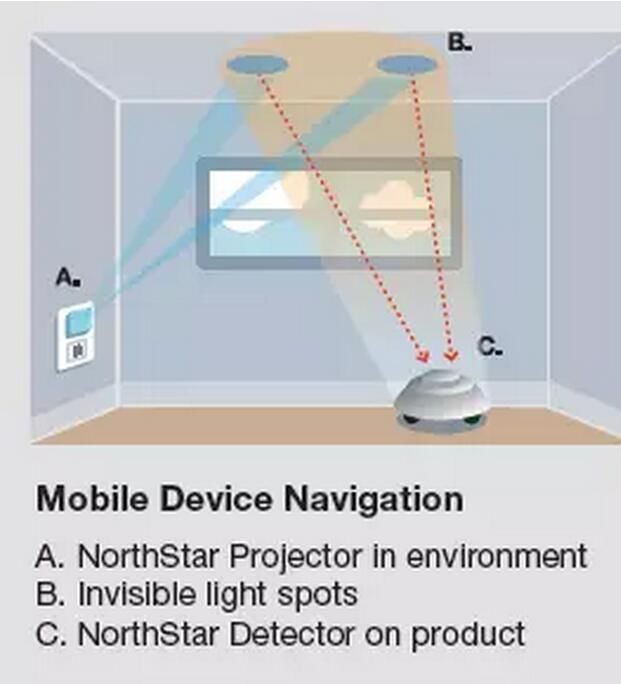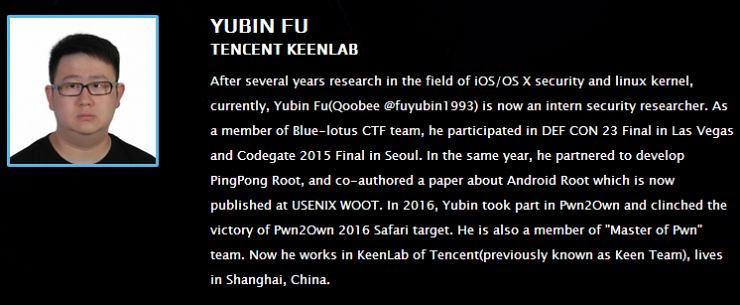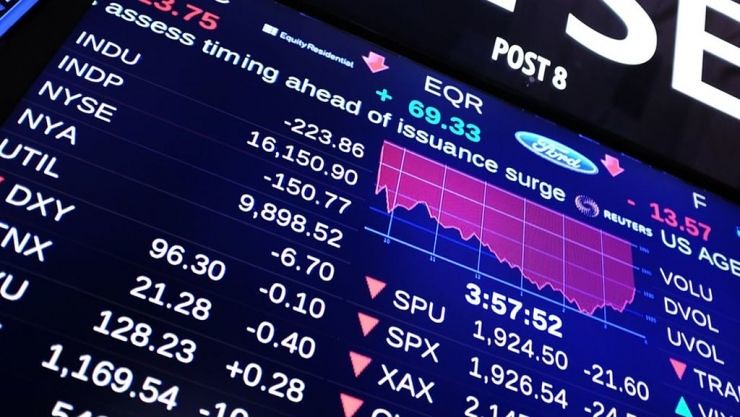Lei feng's network (search for "Lei feng's network", public interest) by the writer Wu Nan, Dalian Maritime University, Associate Professor, research sharing economy.

, Subscription model 2.0
Phil Schiller (Apple Senior Vice President of global marketing, starting from December 2015 to take over App Store) on the Verge interview June 8, 2016 when the initiative refers to changes in the App Store in the subscription, Apple follow-up on its website also gives a specific description:
Subscription model will apply to all types of App, also applies to the Mac App Store. Only 5 before App allows subscription: News, cloud services, personals, audio, and video;
Developers and Apple into subscription mode: is 70%/30% into the first year, second year read 85%/15%;
Subscriptions by default is: automatic renewals;
Subscription model has multiple price points. For example, you can offer different prices in different countries or regions development can change the subscription price, users will be prompted whether or not to accept. Can provide different levels of service, the price can be different;
Subscription model expected formal launch in the fall of 2016.
So why does Apple App Store you want to modify the rules? M & M'S iPhone 5 Case
Second, Apple problem M & M'S iPhone 5 Case
For Apple, the most important is the iOS eco. By the vertical integration of a hardware + software-class user experience, attracting a sufficient number of users and developers, forming a positive feedback, constitute the iOS eco, and contributed to the prosperity of the whole (Android is another prosperous ECO). Conversely, the reason for this is Windows Mobile final failure. The competition at this stage is not a single product, but the ecological environment of war. Windows platform does not have a sufficient number of developers, and even cell phones to do well has no hope of winning.
At present, the iOS eco-status is:
2016 WWDC ' data are registered developers increased by 2 million a year, to 13 million, annual growth 18%. In contrast, IDC's data are in 2014 18.5 million developers around the world, including professional developers 11 million. Assuming that 2015 growth 10%, 20.35 million developers around the world. That is, Apple "has" close to 64% developers.
Apple service revenues, end of the year 2016 the first quarter data as in the figure, it is not difficult to see App Store revenue (including Apps, video, music and software) level of importance.

(Source: ASYMCO)
In the App Store revenue distribution is very uneven. According to the following chart data for April 2016, game, social classes, entertainment, music App live very moist, high society. Most of the "middle class" Developer App revenues low and the user only once, affecting them in the iOS eco-sustainable living, which could hamper the profitability of ecological prosperity and Apple.

(Source: The Verge)
Even development of the Monument Valley USTWO--the art level of the game (swept States App Store launched more than two years in total downloads 2600duowanci, revenues of approximately US $ 14 million) behind the developers, their income is to sell a software only (subsequent expansion "forgotten coast" selling software for the second time). Such a charging model unsustainable for developers to make money.

(Photo: Medium)
In other words, Apple iOS on the ecological problems facing is: most developers can't make money (for the most part middle-class developer, or even the upper classes).
Apple's solution is that the subscription model 2.0.
Third, Apple's solution: in the existing business models based on a subscription model 2.0
Subscription mode 2.0 App, in the ideal case:
1, users have access to better services, perhaps even lower-priced services (subscriptions must be less than the purchase fee, used to cancel subscription).
2, access to sustainable income, have the motivation to continue improving quality App and service quality. That is, solve developers ' problems.
3, iOS eco-sustainable prosperity, benefit Apple.
But problems may occur. For example, the subscription model needs to change consumption patterns and habits of the users, buy into the same as gas utilities every month, how many people are willing to accept (whilst automatic renewals have been disturbed by the user)? Part of the developer's erroneous estimate of the situation, after migrating to a subscription model, lost users. Similar answer those questions only to the free competition of the market (but only Apple can see these background data).
Four, for all effects of Apple:
Apple iOS is similar to the presence of God in the world, because the world has the right to modify the basic rules. And share costs and state tax policy can stimulate and change the behavior of developers. Moreover, this is the first time Apple's determination to display a willingness to cut into.
If Apple is a country, and Apple is a has 13 million developers, about 1 billion iOS devices (data sources) go beyond the geographical limits of a superpower. All citizens of the country are affected.
As far as the existing business model, installed Apps and App Store revenue is proportional to the amount. As of today June 2016 App installation is as follows (source), but this trend may be a turning point. According to the Apple earnings last quarter iPhone sales to 74.8 million units in the quarter iPhone sales increase of only 0.4%, which hit its lowest since 2007 Apple introduced iPhone sales. In turn, this means that the next trend will slowly. Subscription model 2.0 in App install incremental leveled when Apple increased revenue.

(Source: ASYMCO)
Developer:
Developers of the middle class has the potential to make money by subscription model 2.0, and is also an incentive to game developers. Meanwhile, subscription model 2.0 may also activate the Pro Apps market. Software development productivity is in the iPad Pro and Apple into enterprise marketing planning (SAP and Apple cooperation, Apple and IBM cooperation).
Developers need to answer the question: exactly what kind of business model? One-time payment, free installation and +App purchase or a subscription model?
1, a one-time payment model: the benefits of App download installation are related, while in the middle of an existing App Store developers recommend and there is no advantage in the discovery, is one reason now brush list seriously.
2, increase of 2.0 + subscription model is divided into: means a new model to make money is possible. That is, the initial setup cost reduction potential can be activated by the customer (demand), counting on the follow-up continues to subscribe to make money.
3, subscription model 2.0 and "free +App buy" mode provides more price points (200 different price points), and can charge different in different markets. This means that developers can take advantage of the subscription model 2.0 markets set prices to "best balance between supply and demand."
So, developers to their App essentially has the correct estimates of supply and demand in different markets in order to benefit from a subscription model. Instead, the error estimate of the situation can be fatal injuries.
User:
Overall, the App quality, and service should be improved. However, canceling subscriptions can be very hard to find.
Of course there are some bold imagination:
Google also benefits Play mode to 85%/15%, but Google Play no first 12 month subscription limit, directly 85%/15%-sharing model. For Microsoft, the iOS by leaps and bounds at the enterprise-level productivity tools, Office is dangerous, buy LinkedIn may not be able to solve the problem.












































